From ancient times until now, businesses have always been centered around customers and buyers. Regardless of the channel, call centers have always tried to reach customers and provide them with the best solution.
Organizations in any field, including healthcare, insurance, real estate or technical support, always rely on customer support to achieve customer satisfaction.
Call centers come with effective management as a major responsibility for treating each customer in the best possible way. Taking care of a call center is not easy; this includes monitoring agents, recording calls and ensuring that no customer returns empty-handed.
In the current scenario, where every other company plans to reduce accommodation and customer service costs, teleworking has proven to be the best way for companies to manage a call center.
The method is not only cost-effective, but usually eliminates time wasted traveling. Both terms, long distance center software and traditional call center differ in the way they offer flexibility to agents and business leaders.
There are cases where managers and supervisors are confused whether to deploy cloud call center software or migrate a call center remotely. This forthcoming article will certainly explain such thoughts and tell the difference between the two.
Read on to learn how a traditional call center differs from cloud call center software.
1. Through monitoring
Traditional call centers do not allow managers to closely monitor agents and their activities. With remote call center software, it becomes necessary to look at what agents and employees are doing.
Remote call center software allows managers to access agents' systems and monitor every activity.
To tackle distance barriers, companies have begun to choose long-distance call centers instead of traditional call center software. The remote call center solution is relatively flexible, agile and equipped with a complete monitoring system. This leads to greater reliability and gains the trust of companies, which is moving towards a better platform and network.
2. Flexibility
When talking about flexibility, the most common concern is the simplicity of agents. A traditional call center is not always flexible, while cloud call center software gives agents the freedom to work from anywhere.
Regardless of location or time, agents working with remote call-center software experience the freedom to work from anywhere as it offers great ease for agents who like to operate in their comfort zone.
Flexibility helps keep agents motivated and allows them to work whenever they feel it's okay. Let agents work according to their convenience and where they feel more productive.
3. Team Cooperation
When working from home, it is essential to maintain a collaborative environment between all teammates. If the agent is present remotely, he must be in constant contact with the driver and the co-agent.
The external entity should not notice the difference in location and must understand the integrity of the call center. To ensure seamless communication and connectivity, contact centers need to implement software that fills the communication gap and integrates between team members.
Because of the huge differences between the ease of communication offered by traditional call center software and the long distance call center solution, it's easier to tell which one is better and more professional.
With careful consideration, cloud communication solutions are better than traditional ones because they allow you to create data and implement documents in real time. They allow effective communication over any distance or time zone.
Conclusion
The call center manager can often be confused when choosing traditional call center and long distance center software. Both the above mentioned solutions have their advantages and disadvantages.
Features such as full monitoring and a user-friendly interface make remote contact centers one step higher than traditional call center solutions that offer complete flexibility.
Finally, call centers are the only line of communication between customers and businesses. Call center solutions are technologically advanced and allow managers to operate anywhere, anytime. From sales to the generation of inquiries and sales leads - call center solutions have helped to improve the quality of customer support.

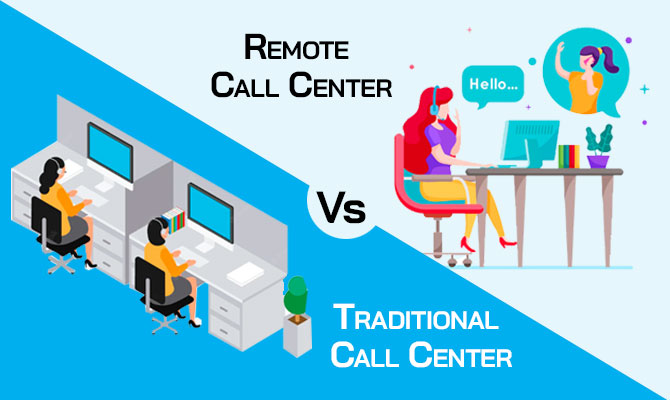
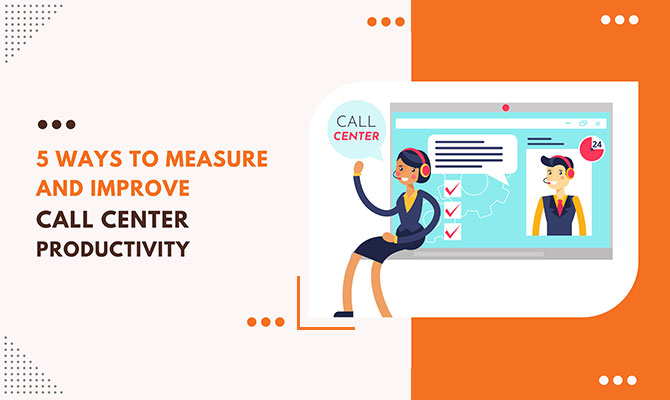



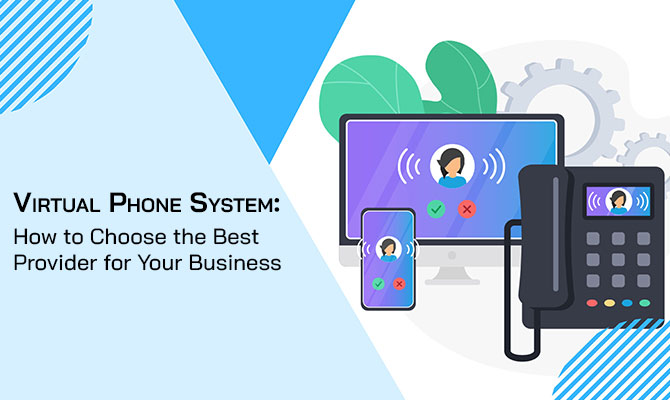
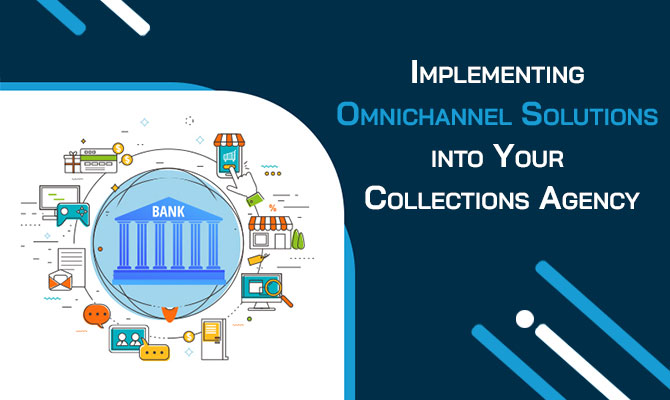



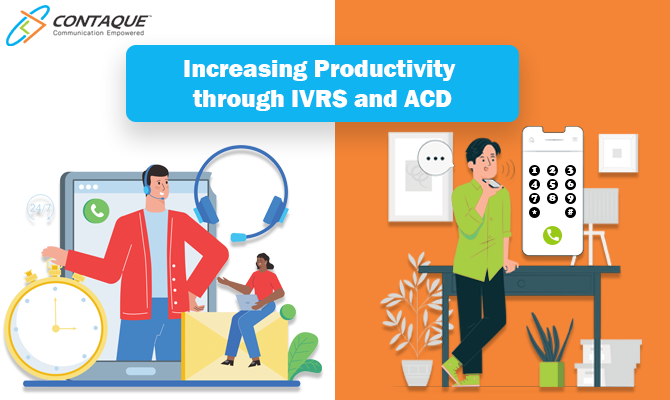


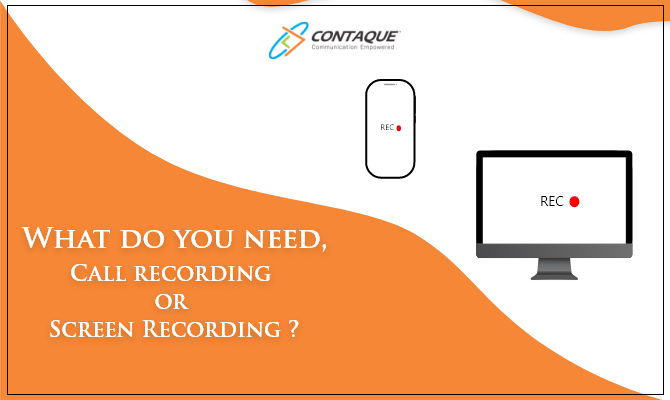

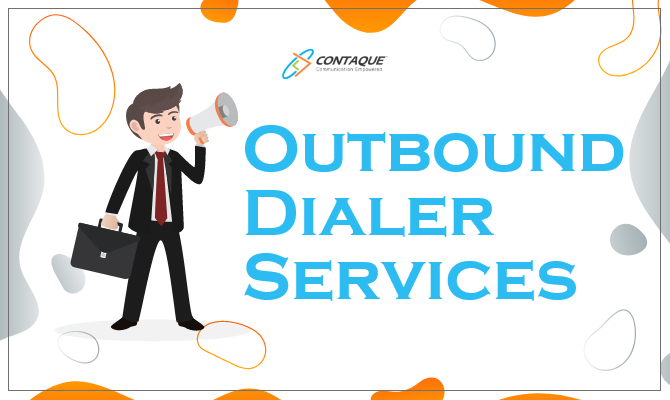
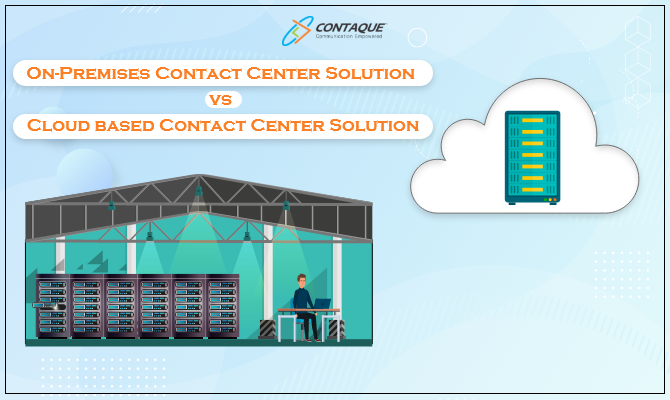
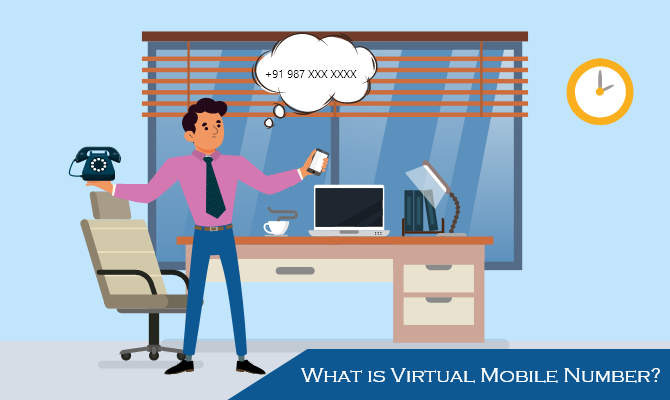
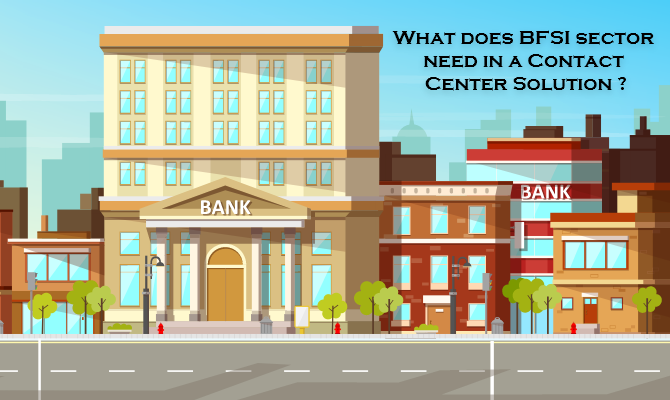

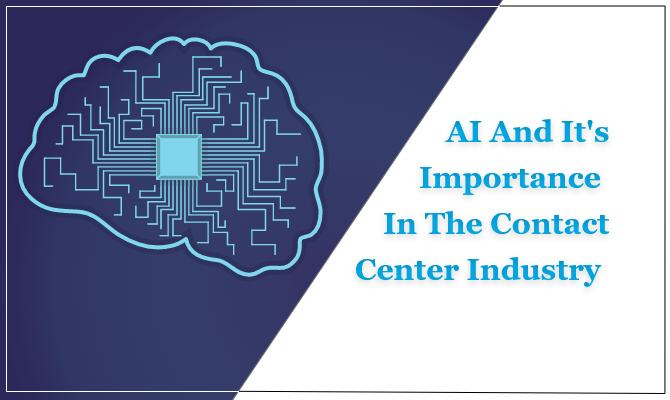
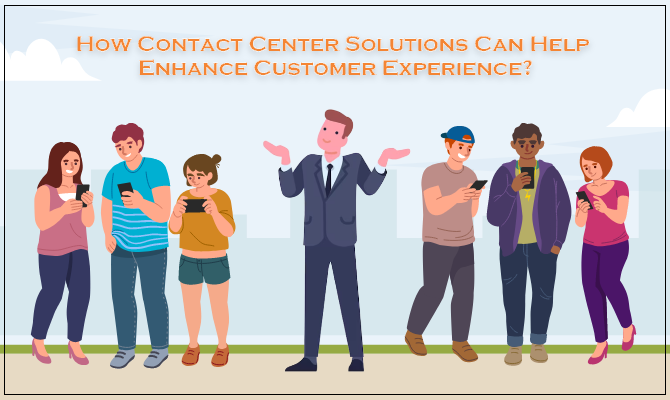
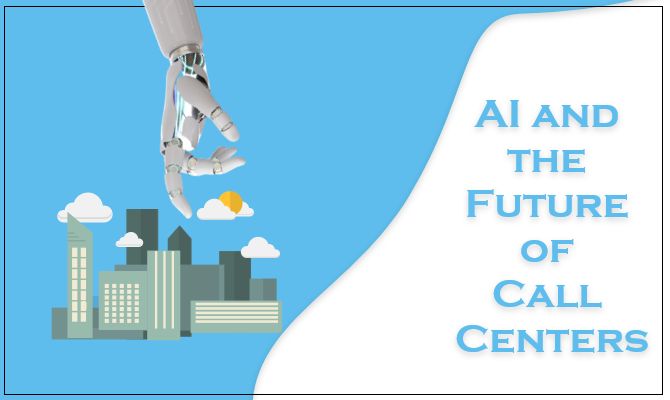


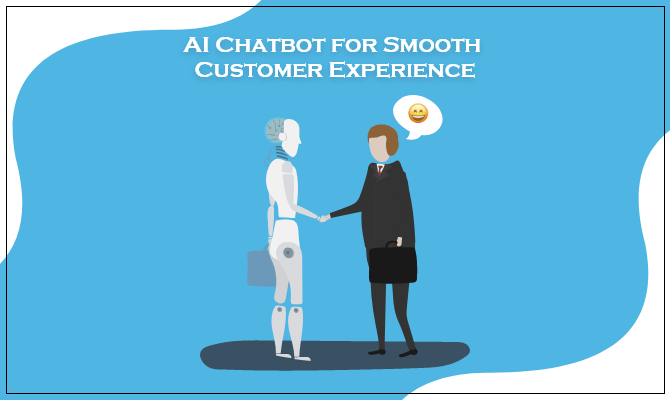
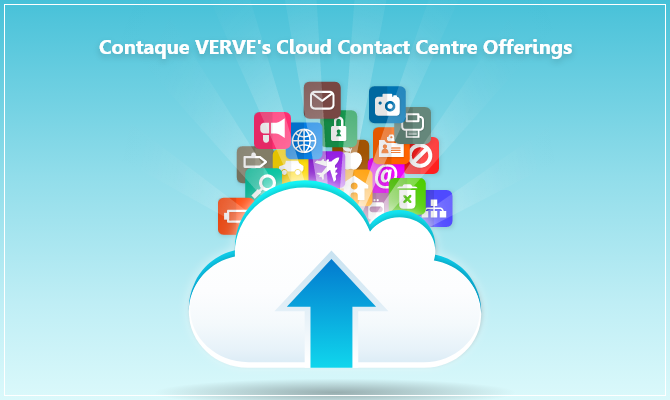
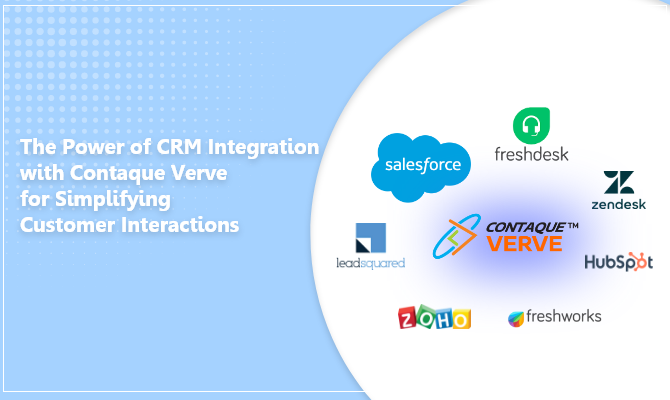

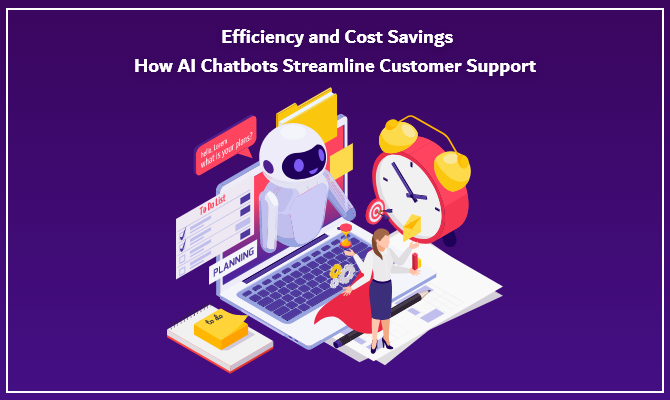
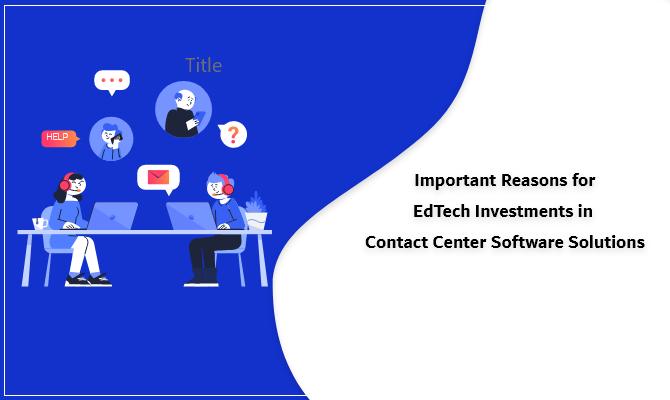
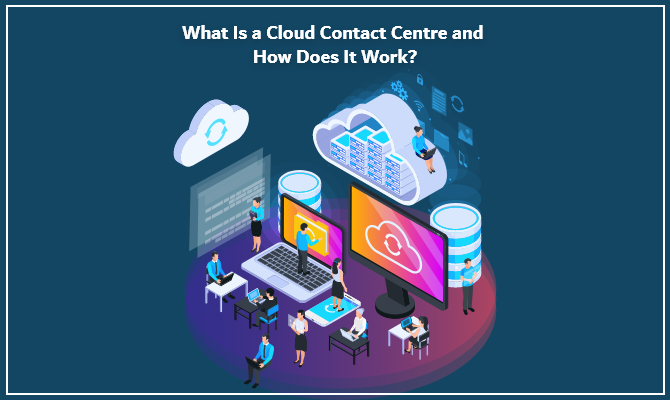

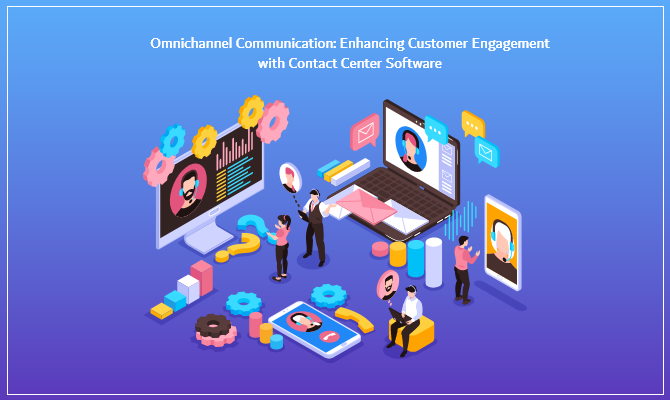

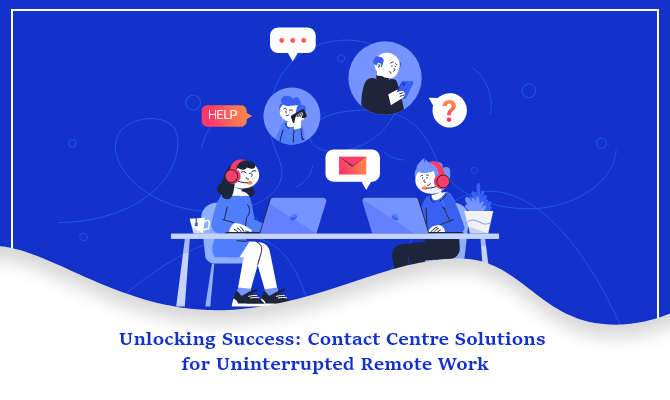
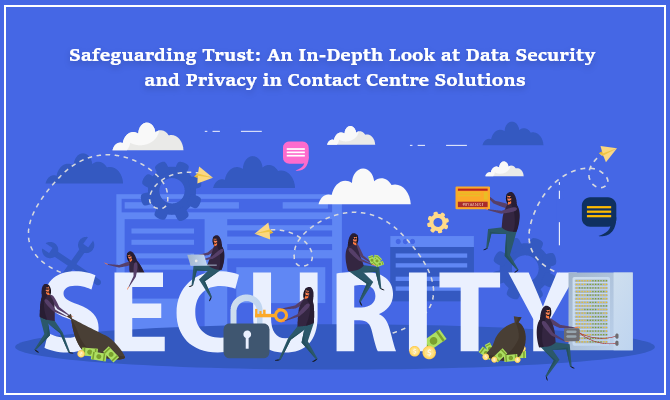


All Comments